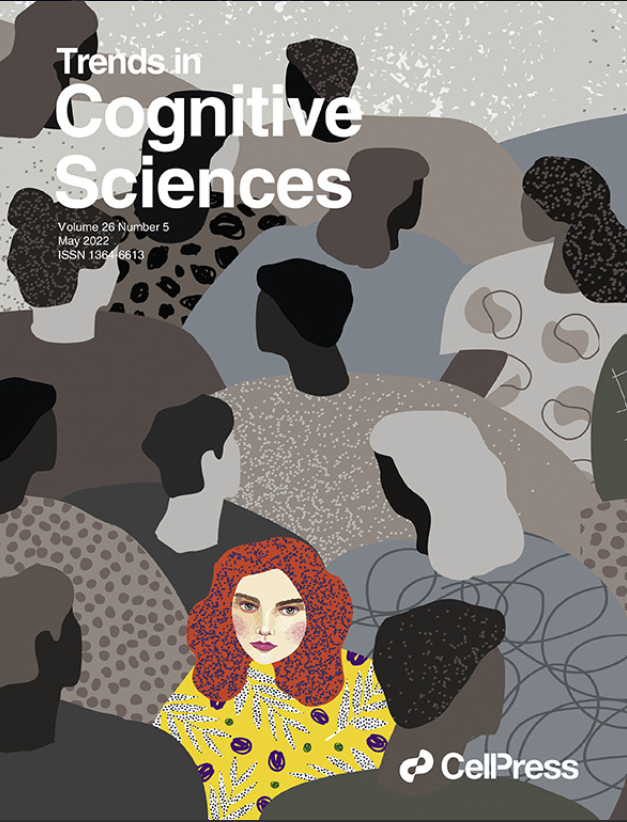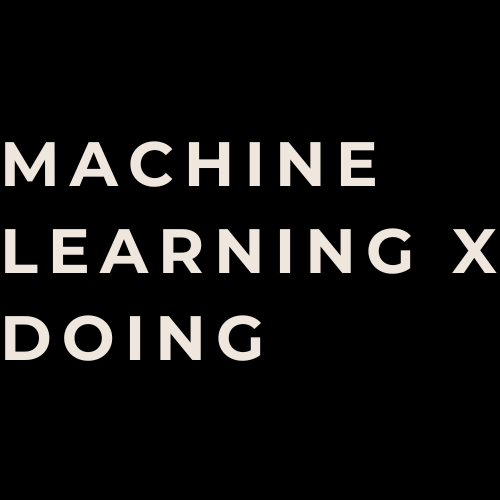Proposal for Enhancing Soccer Sports Game Design Through Randomized Controlled Trials and Economic Theory
Introduction
The gaming industry is rapidly evolving, and with it, the expectations of players are also rising. In the realm of soccer sports games, major franchises, have had a significant impact on the market. To maintain and grow their player base, these franchises must continually innovate and improve the player experience. This proposal outlines a plan to apply economic theory to game design, using Randomized Controlled Trials (RCTs) to test and refine game mechanics for an enhanced player experience.
Objectives
- To integrate economic theory into game design to increase player engagement and strategic depth.
- To conduct RCTs to empirically test the impact of game economy elements on player behavior.
- To use the findings from RCTs to inform the development of game mechanics that align with player motivations and contribute to the game’s financial success.
Background
Mechanism design and behavioral economics offer valuable insights into how individuals make decisions and respond to incentives. By applying these principles to game design, we can create environments that encourage players to engage in desired behaviors, such as strategic gameplay, resource management, and long-term planning.
Methodology
Economic Models
We will develop economic models based on the five basic entities of soccer video game economies, which we label as sources, stores, trade points, sinks and marketplaces1.
Randomized Controlled Trials
RCTs will be designed to test the hypotheses. Players will be randomly assigned to control or treatment groups, with the latter experiencing variations in the game’s economic elements. We will measure and analyze player behavior, engagement, and satisfaction.
Proposed RCTs
- Performance-Based Match Rewards: To test if rewards based on performance metrics incentivize strategic gameplay.
- Club Improvement Storage Expansion: To assess whether upgradeable storage impacts resource management strategies.
- Transfer Market Transaction Tax: To determine if a transaction tax influences long-term team building.
- Contract Extension Challenge System: To evaluate if challenges as an alternative to contract renewals affect player engagement.
- Pre-Order Player Pack System: To examine if a pre-order system for players reduces randomness and encourages strategic planning.
Data Collection and Analysis
Data will be collected on various metrics, including resource management, strategic gameplay, player engagement, and satisfaction. Statistical analysis will be used to compare the control and treatment groups, providing insights into the effectiveness of each game design change.
Expected Outcomes
The RCTs are expected to yield data that will help us understand the impact of economic theory-based game design on player behavior. This will enable us to refine game mechanics to enhance the player experience, potentially leading to increased player retention and revenue generation.
Conclusion
By bridging the gap between economic theory and practical game design, this proposal aims to provide soccer sports game studios with a method to create more engaging and balanced game economies. The insights gained from the RCTs will be invaluable in shaping the future of game design and ensuring the continued success of soccer sports franchises.
This proposal is for stakeholders at major soccer sports video game studios interested in innovative game design strategies. It provides a clear and actionable plan for using economic theory to enhance the gaming experience for players around the world.
Ready to elevate your game’s economy?
Reach out to us now at contact@machinelearningxdoing.com and let’s discuss how we can collaborate to create an unparalleled gaming experience.
Appendix: Theoretical Foundations of Economic Models
This appendix provides the formal economic theorems and their justifications that underpin the proposed Randomized Controlled Trials (RCTs) for enhancing the game design of soccer sports franchises. These theorems are grounded in mechanism design and behavioral economics, offering a rigorous framework for understanding how changes to game mechanics can influence player behavior.
Economic Theorems and Justifications
1. Performance-Based Match Rewards Theorem
Theorem: A reward system that incorporates performance metrics alongside win/loss outcomes incentivizes players to engage in a broader range of strategic gameplay behaviors.
Justification: By rewarding players not only for the match outcome but also for their in-game performance, the game encourages a more nuanced approach to play. Players are motivated to excel in specific actions, leading to a richer gameplay experience.
2. Club Improvement Storage Expansion Theorem
Theorem: A game economy that allows players to expand their storage capacity through in-game achievements or currency expenditure encourages strategic resource management and long-term planning.
Justification: Limited storage capacity with expansion options creates a compelling reason for players to engage with the game’s challenges and manage their resources wisely, adding depth to the game’s strategic elements.
3. Transfer Market Transaction Tax Theorem
Theorem: Implementing a transaction tax within the game’s transfer market can discourage short-term player flipping and promote a more strategic approach to team composition.
Justification: A transaction tax acts as a deterrent against the rapid buying and selling of players, encouraging players to invest more thought into their team-building decisions and fostering a more stable in-game economy.
4. Contract Extension Challenge System Theorem
Theorem: A contract system that enables players to extend player contracts through gameplay challenges incentivizes engagement with additional content and strategic resource allocation.
Justification: Providing players with the ability to extend contracts through challenges rather than solely through in-game currency empowers them to use their skills to maintain their team, enhancing engagement and satisfaction.
5. Pre-Order Player Pack System Theorem
Theorem: A pre-order system for player packs that allows players to target specific player types encourages strategic team building and resource management, reducing reliance on random chance.
Justification: Allowing players to pre-order specific types of players gives them more control over team composition and reduces the unpredictability of player acquisition, leading to a more deliberate and rewarding team-building process.
These justifications provide the rationale for the proposed RCTs and highlight the potential benefits of integrating these economic models into the game design. They ensure that the proposal remains accessible to a broad audience while providing the necessary depth for those interested in the economic aspects of game design.
Transform Your Game’s Economy Today!
Are you ready to revolutionize the player experience in your soccer sports franchise? Our cutting-edge economic models and RCTs are designed to bring strategic depth and increased engagement to your game. Don’t miss this opportunity to lead the industry with a game economy that keeps players coming back for more.
Contact us now at contact@machinelearningxdoing.com to start the conversation. Let’s create gaming experiences that players will love, together.
- Sources generate resources into the economy, stores stockpile these resources, trade points allow players to exchange resources for something more useful, sinks remove resources from the economy, and marketplaces facilitate the buying and selling of resources. The way that these entities are designed can affect the pace, challenge, and feel of the game. ↩︎
Machine Learning X Doing in Trends in Cognitive Sciences.
Our ultimate goal is to solve the economy. Machine Learning X Doing is the world leader in computation-and-economics industrial research. For more on our multidisciplinary work, read our joint paper, Computational Ethics published in Trends in Cognitive Sciences, which is the world’s leading academic journal in cognitive science as of 2024 and which was ranked as the world’s leading academic journal in experimental psychology in 2021.

Copyright © 2024 Machine Learning X Doing Incorporated. All Rights Reserved.
